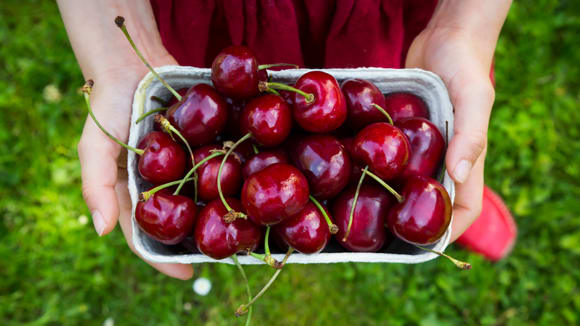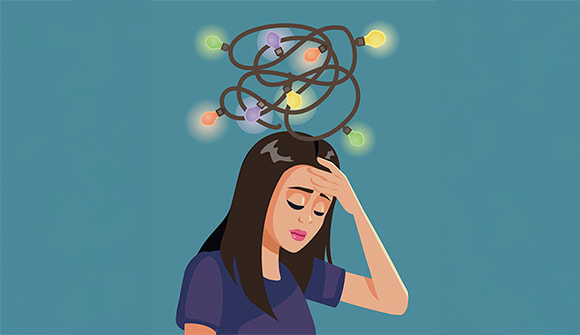Happiness foods?
What you eat affects how you feel, but feelings can get complicated.
Article Date:

Can you feel happier just by eating a bag of kale chips? How about some probiotic yogurt? We’d love for it to be that simple.
A team of psychiatric researchers has asked scientists and clinicians who study and treat depression to start paying attention to a list they have compiled of “Antidepressant Foods.”
Oysters, mussels, organ meats, leafy greens, lettuces and peppers ranked high. That’s because they are dense in nutrients widely reported to support emotional well-being.
The rankings are meant to aid other medical professionals, because “No current food rating scale focuses on nutrients required for mental health,” the report said.
The study by Drew Ramsey, assistant clinical professor of psychiatry at Columbia University, and Laura LaChance with the Centre for Addiction and Mental Health in Toronto was released in June in the World Journal of Psychiatry.
So, can you eat your way to happiness?
Medical experts cautiously support the idea. But, they say not to get too carried away. Food is just one variable in a very long equation that adds up to mental well being.
“The body-brain connection is real, your body is connected to your brain and your brain is connected to your body. They’re all one thing,” said Karla Repper, PhD, a clinical psychologist with Baptist Behavioral Health. “But, it’s hard to say whether certain foods can improve our mood because there are so many different things that affect how we feel.”
Exercise, constructive behavior and mindfulness all contribute to happiness as well.
Perhaps easier to correlate is that the wrong foods can make people feel terrible.
Gluten can make people with celiac disease feel sluggish. Sugar can make people with diabetes feel restless. When kids demonstrate ADHD behavior, foods with red dye are a possible culprit. In people who don’t have underlying conditions, skipping breakfast can make them feel exhausted, and soda delivers an energy spike and then, a crash.
Even the relationship between bad foods and moods can get complicated.
“It’s almost like a double-edged sword,” said Katherine Margaritis, a registered clinical dietitian with Baptist Medical Center Jacksonville. “The way we feel impacts the foods we want. But also, the foods we want can impact and worsen the way we feel.”
For example, someone who’s in a bad mood and goes out and eats a pint of ice cream could spiral into an even deeper depression.
On the upside, healthy foods do seem to support better moods. But we normally just think of it as “feeling healthy,” Margaritis said.
“The best strategy is to go for balance. All the food groups offer different nutrients and different benefits to your body.”
Carbohydrates provide glucose for energy. Protein delivers glucose control. Unsaturated fats surround and protect nerves that carry messages from the brain. Water distributes the vitamins that are needed everywhere.
Be careful about singling out a single food as a cure-all, both health professionals said. That often leads to fad diets or other misguided choices.
“There have been so many claims about diet that haven’t worked out in science,” Dr. Repper said. “Like a gluten-free diet among healthy people. All of a sudden, there are all these people who aren’t eating gluten. It can be a distraction from what people really need to do.”
Margaritis had an uncle with diabetes who showed her a handout from the doctor’s office on what foods to eat. Cherries were on his list.
“So he got cherries,” Margaritis said. “He had a whole shelf of maraschino cherries.”
Not even close to an antidote.



